My needs were similar to yours so I figured I'd document them here in case they could help someone else out. My goal was to display all of the output from the migrations including all of the sql run as part of the Seed method. As a side effect of this solution, you will also be able to see any Debug.Write message in your code.
First create a DebugMigrationsLogger that will write all migration output to Debug.WriteLine (thanks to http://whiteknight.github.io/2013/01/26/efcodeonlymigrations.html):
public class DebugMigrationsLogger : System.Data.Entity.Migrations.Infrastructure.MigrationsLogger
{
public override void Info(string message)
{
Debug.WriteLine(message);
}
public override void Verbose(string message)
{
Debug.WriteLine(message);
}
public override void Warning(string message)
{
Debug.WriteLine("WARNING: " + message);
}
}
Next make sure you have a subclass of DbMigrationsConfiguration for your DbContext:
public class MyDbMigrationsConfiguration : DbMigrationsConfiguration<MyDbContext>
{
public MyDbMigrationsConfiguration()
{
}
protected override void Seed(MartusDb db)
{
//...
}
}
Next you run your migrations as an on-demand unit test so your test runner can capture the output. My unit test looks something like this:
public void MigrateDb_Test()
{
var config = new MyDbMigrationsConfiguration { AutomaticMigrationDataLossAllowed = true };
var migrator = new DbMigrator(config);
var loggingDecorator = new MigratorLoggingDecorator(migrator, new DebugMigrationsLogger());
loggingDecorator.Update();
}
Lastly, set the Database.Log in your DbContext constructor:
public class MyDbContext : DbContext
{
public MyDbContext()
{
Database.Log = message => Debug.WriteLine(message);
}
}
Now whenever you run the MigrateDb_Test() you will see all the output, it has made debugging migrations so much easier for me!
